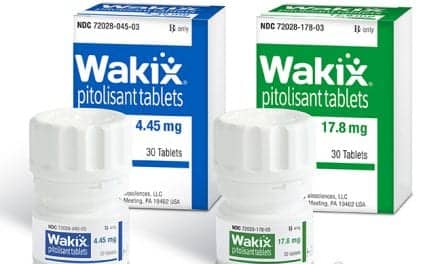Excessive daytime sleepiness (EDS) is a well-known symptom of narcolepsy, but EDS isn’t accurately described only as feeling tired during the day, people with narcolepsy say. It also includes cognitive impairments, commonly referred to as “brain fog” among narcolepsy patients.
Brain fog was a topic of discussion at the FDA’s Voice of the Patient initiative for narcolepsy, the summary report for which was released earlier this year.
When describing brain fog, participants told the FDA it included: “being in a daze, forgetfulness, lack of alertness and focus, difficulty thinking, blurred vision, losing brain organization, and extreme confusion.” Web participants also identified difficulty word finding, decrease in mental agility, and feeling “like you’re drunk.”
Specific experiences shared at the meeting and in the report include:
- One participant described going from one extreme, “talking a lot and not making sense,” to another extreme, “a blank stare.” She stated that these effects were unpredictable and could happen “four times a day at the least, and it would last either 10 minutes or a couple of hours.”
- One participant described effects on concentration: “There were times that I was very much on target…and then other times it would take me a very long time to generate the simplest of work because I just wasn’t focused.”
Participants also commented that they wish future narcolepsy treatments would find a way to clear the brain fog.




